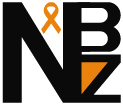
WE FIGHT FOR WHAT MATTERS
NBNZ CAD in a glance
Cognitive impairment is a common and disabling feature of Multiple Sclerosis (MS) and may even pre-date any physical symptoms in a disease where the focus has traditionally been centered on the accumulation of physical disability. Cognitive impairment has a negative impact on the performance in everyday activities including employment status, social interactions, treatment adherence, and functional independence. It contributes even more to withdrawal from work than physical disability. Despite the high prevalence of cognitive impairment in MS patients, cognitive function is not assessed routinely in clinical practice in the early stages of MS. As a result, cognitive decline progresses, reducing the work productivity of the MS sufferers and affecting their quality of life. However, the cognitive reserve can be protected in MS patients to a certain limit, and prevention might be linked to early treatment.
Currently, in order to diagnose cognitive impairment, patients’ cognitive complaints, isolated cognitive tasks and/or resting-state fMRI/ MRI are used. However, these alternatives each have a drawback. Many of these measures are administered together to achieve better results, still they cannot detect cognitive impairment at early stages.
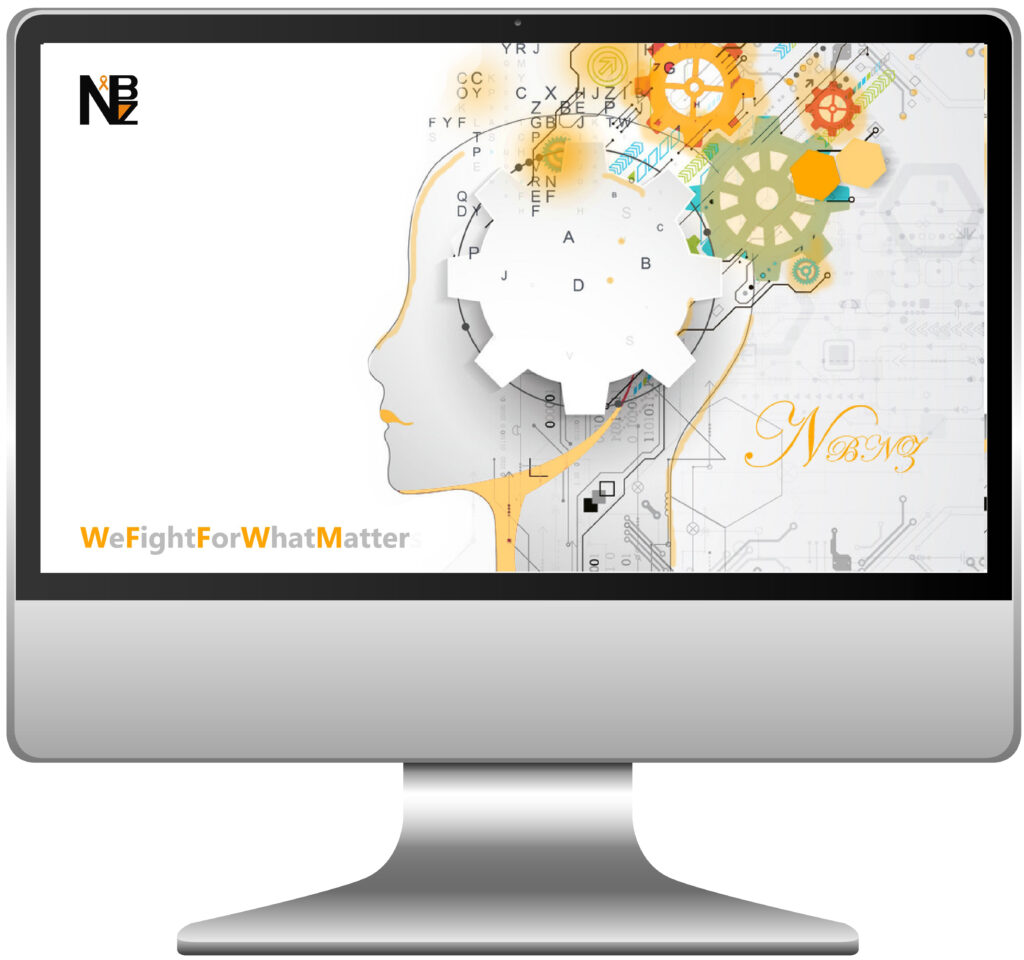
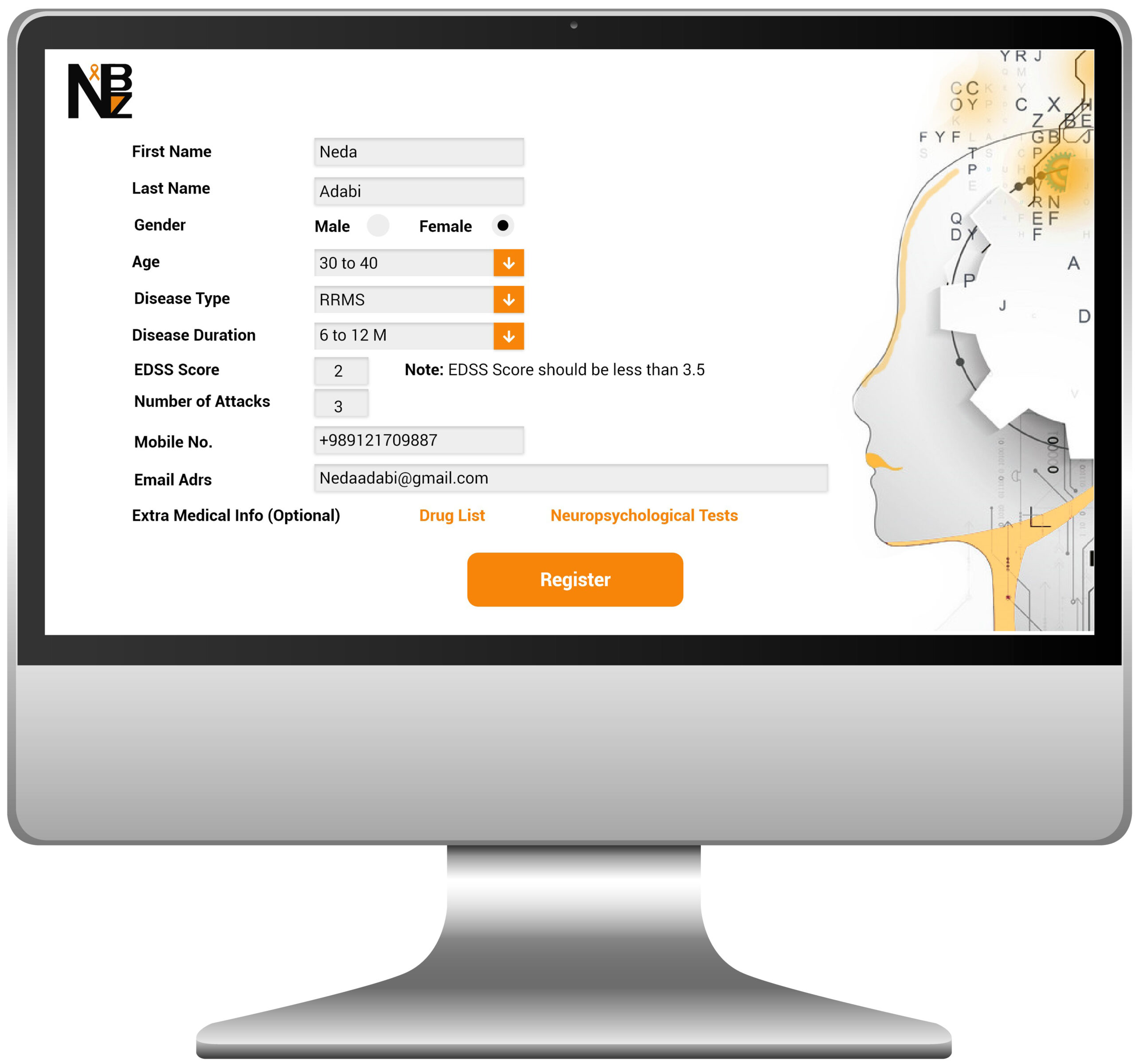
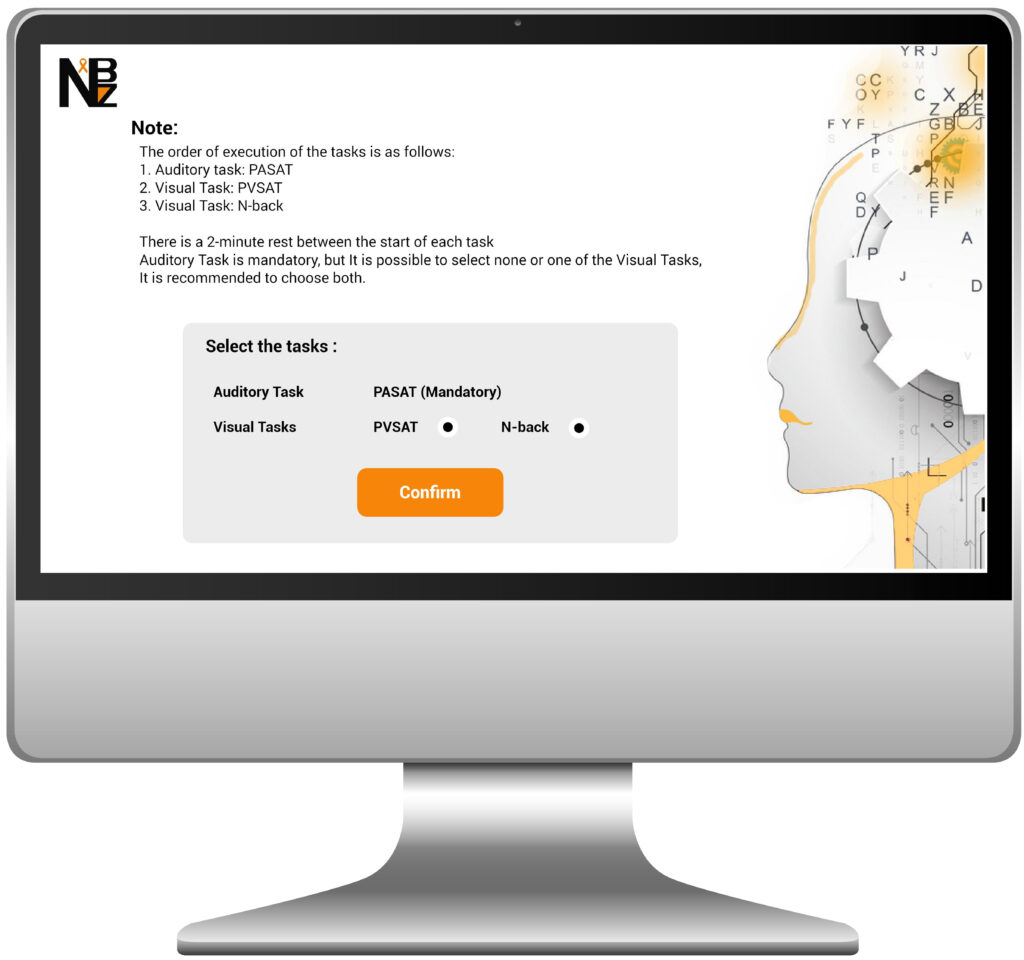
Our Main App
In response to this problem, we are proposing a software which leverages machine learning to analyze the data gathered during task-based functional Magnetic Resonance Imaging (fMRI) at the early stages of MS. The software identifies the brain’s functional connectivity changes associated with cognitive tasks. As a result, cognitive impairment can be detected at the very early stages of the disease which will, in turn, lead to a more effective treatment of the symptoms. Given the debilitating effects of the cognitive dysfunction, our solution is able to play a vital act as the early detector of the cognitive impairment and help to prevent the progression of the symptoms. Since the software we are proposing will be used to determine whether a patient with MS suffers from cognitive impairment in the early stages of the disease, our primary target market will be neurology clinics, medical diagnostic imaging centers, and hospitals who already are providing fMRI services to MS patients.
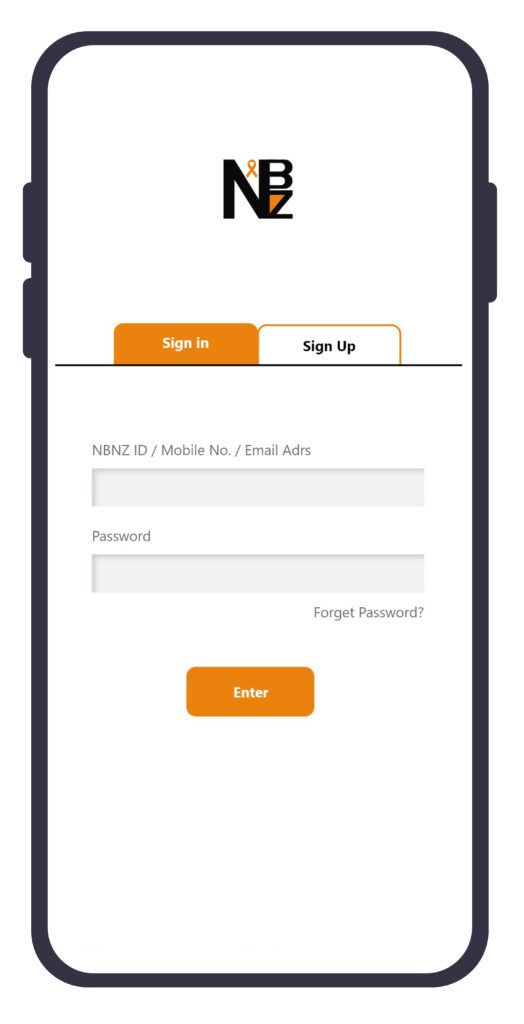

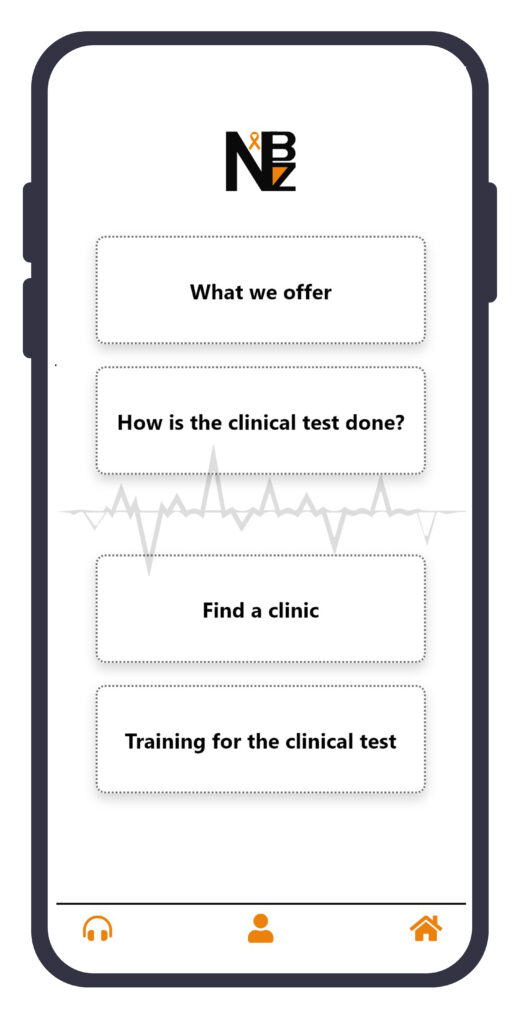

Our Side App
On the other hand, along with our main software – which is called Main NBNZ App in this document – we have developed a side application – which is a Mobile App and it is called Mini NBNZ App – for patients including helpful games for patients who suffer from cognitive impairment or have high chances of developing cognitive dysfunction in the near future. These games focus on the main cognitive dysfunctions in areas such as working memory, attention, and concentration. Using the app, patients can access to the history of their test results. Another feature of our app is to provide information about test sessions, test procedure and the tasks which will be performed during the tests so that patients will have the opportunity to practice the tasks. The main target market of our focus for this app will be all MS sufferers who will subscribe to get access to the premium features of our mobile application. But as our Mini App is focused on Game Therapy for cognitive dysfunctions, it is also useful for all those who suffer from cognitive impairments for any reason.
